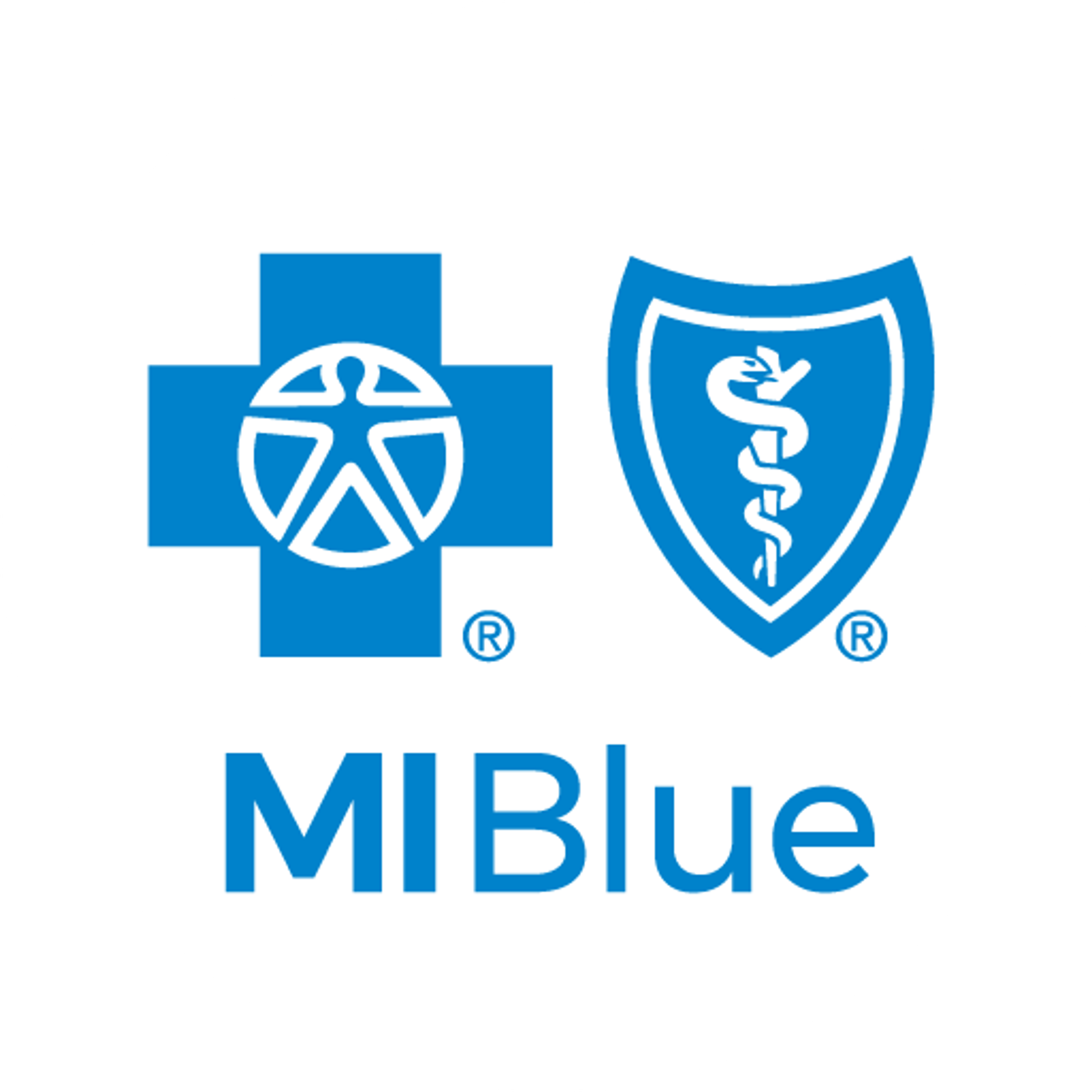Prescription Drug Prices: A Barrier to Affordable Health Insurance

Blue Daily
| 4 min read
Published by BCBSM. Through continuous innovation, B...

Do you know that Blue Cross Blue Shield of Michigan paid almost 15% more for our members’ pharmacy claims in 2024 than we did in 2023?
Why? Inflation over that year was just 3%.
Unregulated prices charged by drug makers and monopoly status for many of the most expensive drugs are the reasons why skyrocketing drug prices continue to put strain on your health insurance premiums.
Prescription drug prices in the United States are expensive. Unlike hospitals and insurers, which are highly regulated, drug companies set their own prices without accountability. This must change.
- Lack of Price Constraints: In many countries, governments negotiate drug prices to ensure medications remain affordable. In the U.S., drug makers set their own list prices for American consumers—often several times higher than they charge in other nations.
- Lack of Regulation: While hospitals and insurers are held to strict government requirements, prescription drug companies operate without regulation in most aspects. This unregulated environment allows high prices to drive drug maker profits at the expense of patients.
- Lack of Competition: Under existing law, makers of certain classifications of drugs are given a 12-year exclusivity period before competitors can enter the market. Other classifications of drugs enjoy a five-year exclusivity period. This system allows drug makers—which can price these drugs as high as they want—to command 100% of the market without competition.
- Lack of Conscience? Innovative gene therapies and other cutting-edge treatments offer potentially miraculous health benefits to life-threatening conditions—but they also come with multi-million-dollar price tags. These breakthroughs deserve a more thoughtful conversation around their pricing and how to pay for them—because the truth is, we all pay. The price of a multi-million-dollar drug isn’t borne by the patient and their health insurer alone. Across thousands of potential patients, the cost is also shared by the patients’ employers and paid for collectively in the premiums charged to everyone who has health insurance.
The Impact on Health Care Affordability
- Rising Premiums: When drug prices go up, everyone pays the price. In 2023, Blue Cross experienced a 15% increase in pharmacy claims costs, while inflation was just 3%. GLP-1 drugs alone, used for diabetic therapy and weight management, saw a 29% increase from 2023 to 2024.
- Strained Health Budgets: The surge in drug prices puts pressure on the entire health care system. It puts pressure on member cost-sharing and diverts dollars away from other essential services.
- A System in Need of Accountability: While health insurance and hospitals are subject to regulation, prescription drug companies are not. That needs to change. We need a health care system where every part—not just a few—are accountable to the people we collectively serve.
Our Commitment to Change
At Blue Cross Blue Shield of Michigan, we stand for a well-regulated system that puts people before profits. We are committed to:
- Stronger Regulation: We believe government regulators must step in to hold drug companies accountable for the prices they set. A balanced regulatory system between drug makers, hospitals and insurers is essential to protect our members and control health care costs.
- Promoting Competition: We support a proposal by the Blue Cross and Blue Shield Association to lower the 12-year exclusivity period for biologic drugs to seven years—bringing competition and lower prices to the market faster. We also support the use of generic drugs by prescribing physicians—ensuring their patients get the lowest-priced drug available.
- Balancing Innovation with Affordability: We support breakthrough treatments—including new gene therapies and innovative drugs—that can transform lives. At the same time, we believe incentives for innovation must be balanced with measures that ensure these advances don’t come at the expense of affordability.
- Disrupting an Unfair, Expensive Market When Possible: We won’t stop pursuing solutions that help keep drugs affordable for members, including our partnership with Evio Pharmacy Solutions to bring a biosimilar alternative to the expensive drug Humira to market providing competition and lower-cost alternatives to our members.
Ending Drug Companies’ Tax-Free Advertising: Can you believe all that annoying drug advertising you see on TV is tax-exempt? It is—and the Blue Cross and Blue Shield Association doesn’t think that benefits anyone—particularly our members.





